AAPI Heritage Month Book Recs
This selection of books, gathered to celebrate Asian American and Pacific Islander (AAPI) Heritage Month, provides a snapshot of recent scholarship in the field of Asian American Studies. It is a small sample of the diversity of work produced by this dynamic field. These titles are available in our catalog and through interlibrary loan using UC Search.
The UC Davis Library is committed to supporting further research by providing access to scholarship on the experiences and issues faced by Asian Americans in the form of books, academic journals, encyclopedias, primary sources, and data. Those wishing to continue exploration may find this research guide helpful.
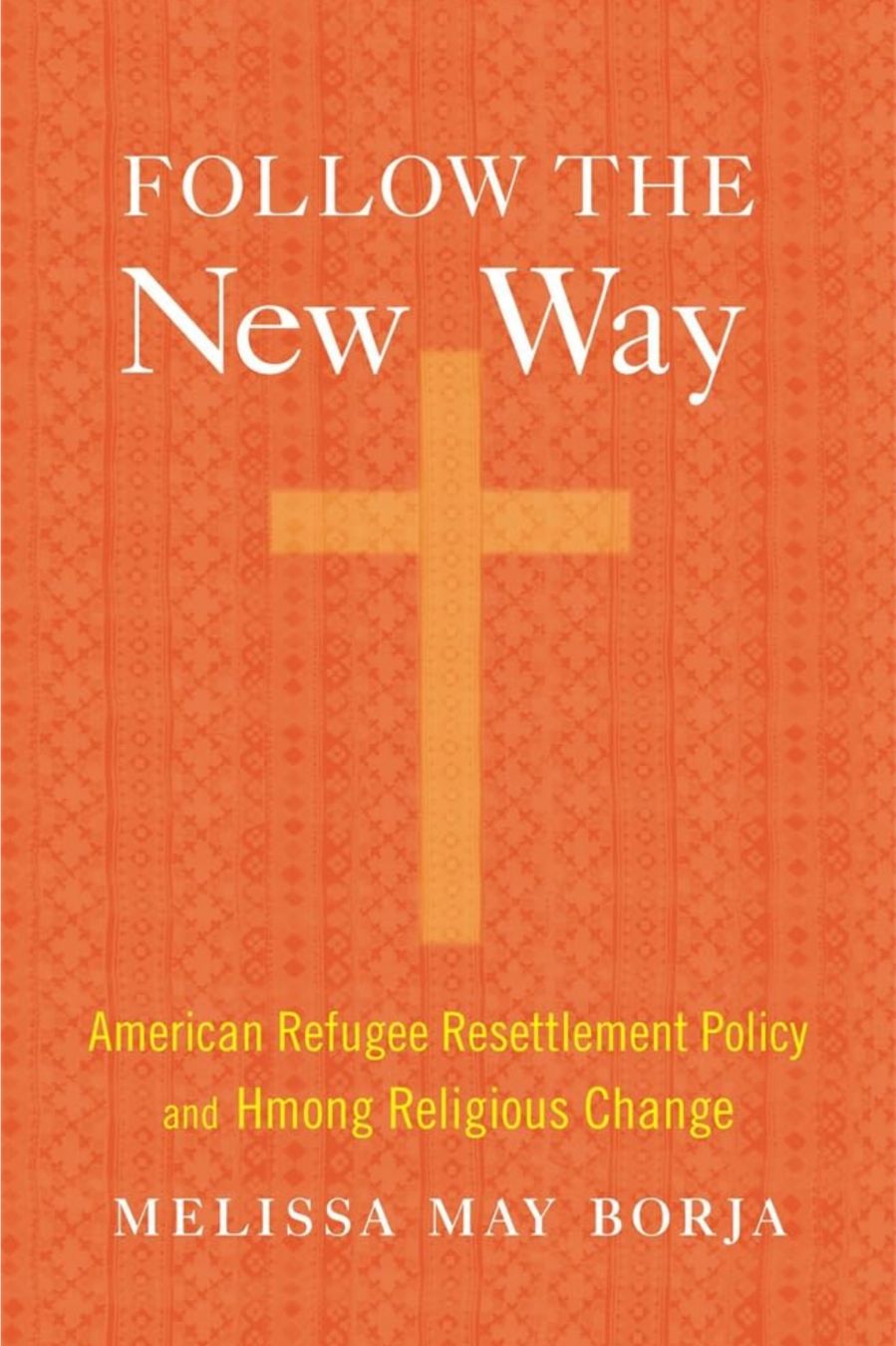
Borja explores the social transition made by the Hmong people who arrived in the United States in the late 1970s in the aftermath of the Vietnam war, with special attention to the impact refugee policy and resettlement programs had on religious life and customs. She reveals how, despite their secular aims, resettlement programs pressured Hmong communities in California and Minnesota to conform to Western notions of religiosity, altering the practice of indigenous Hmong religion and facilitating the Hmong adoption of a unique form of Christianity.
Using ethnographic methods to look closely at rituals, Borjas shows how the Hmong religious journey was not a simple story of assimilation. She uncovers strategic and creative adaptations within the Hmong American church—adaptations which preserve indigenous religious traditions, and play them out within the new social environment. Follow the New Way reveals how Hmong refugees became Hmong Americans on their own terms.
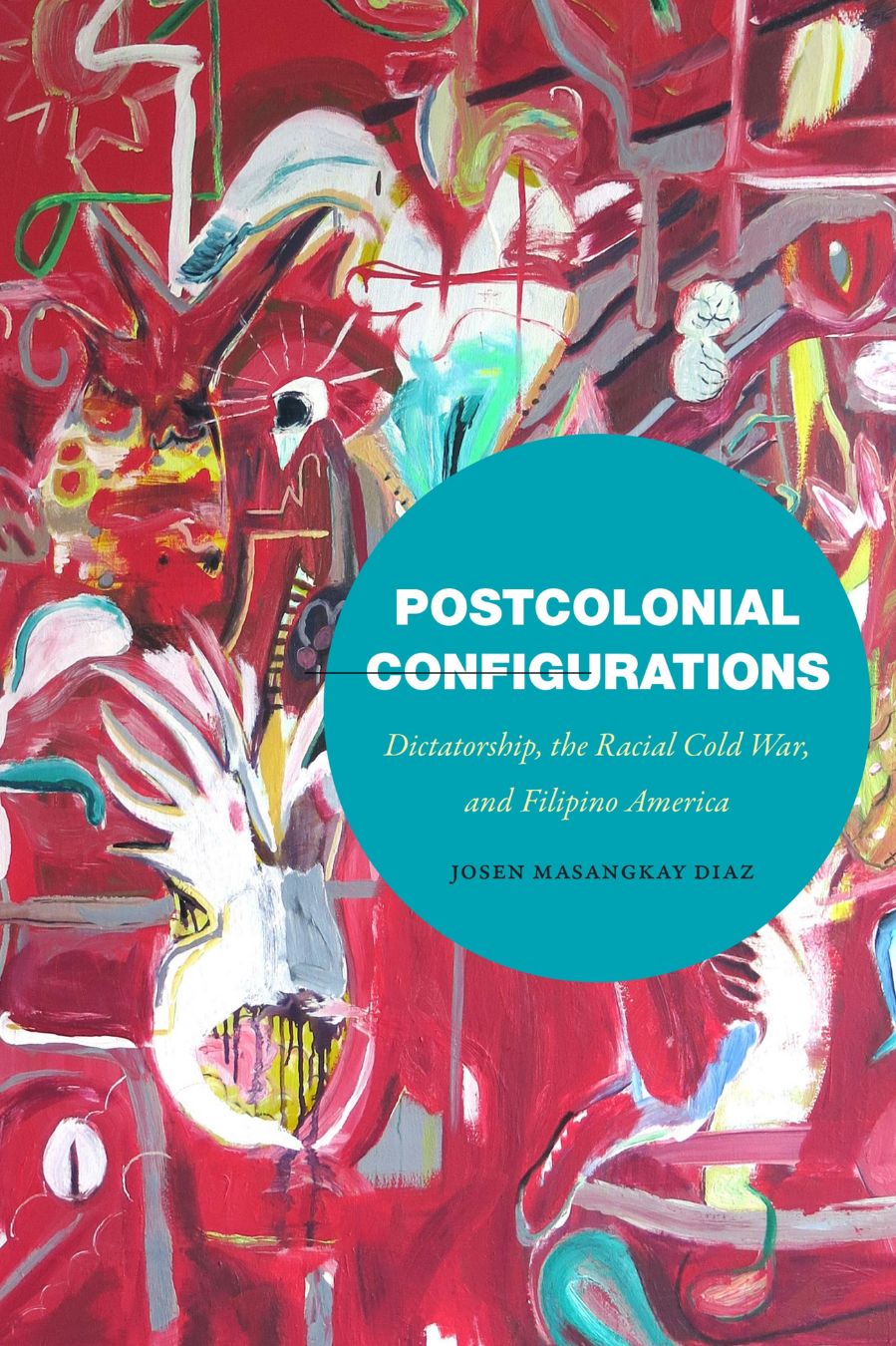
Postcolonial Configurations examines the ways the geopolitical relationship between the US and the Philippines influenced Filipino American identities. Diaz documents the Ferdinand Marcos dictatorship and the accompanying US policies during the Cold War to make the case that race and gender categories are shaped, in part, by global power relations.
Stereotypes of Filipino and Filipino American identity are placed in the context of the colonial aftermath to examine how postcolonial reforms, modernization, labor and migration policy, and military operations came to structure the contour of subjectivity and its production of both authoritarian and anti-communist liberal discourse. In turn, Diaz’s in-depth analysis of the politics of social identity opens subjectivity as an arena of contestation, a place in which to engage politics.
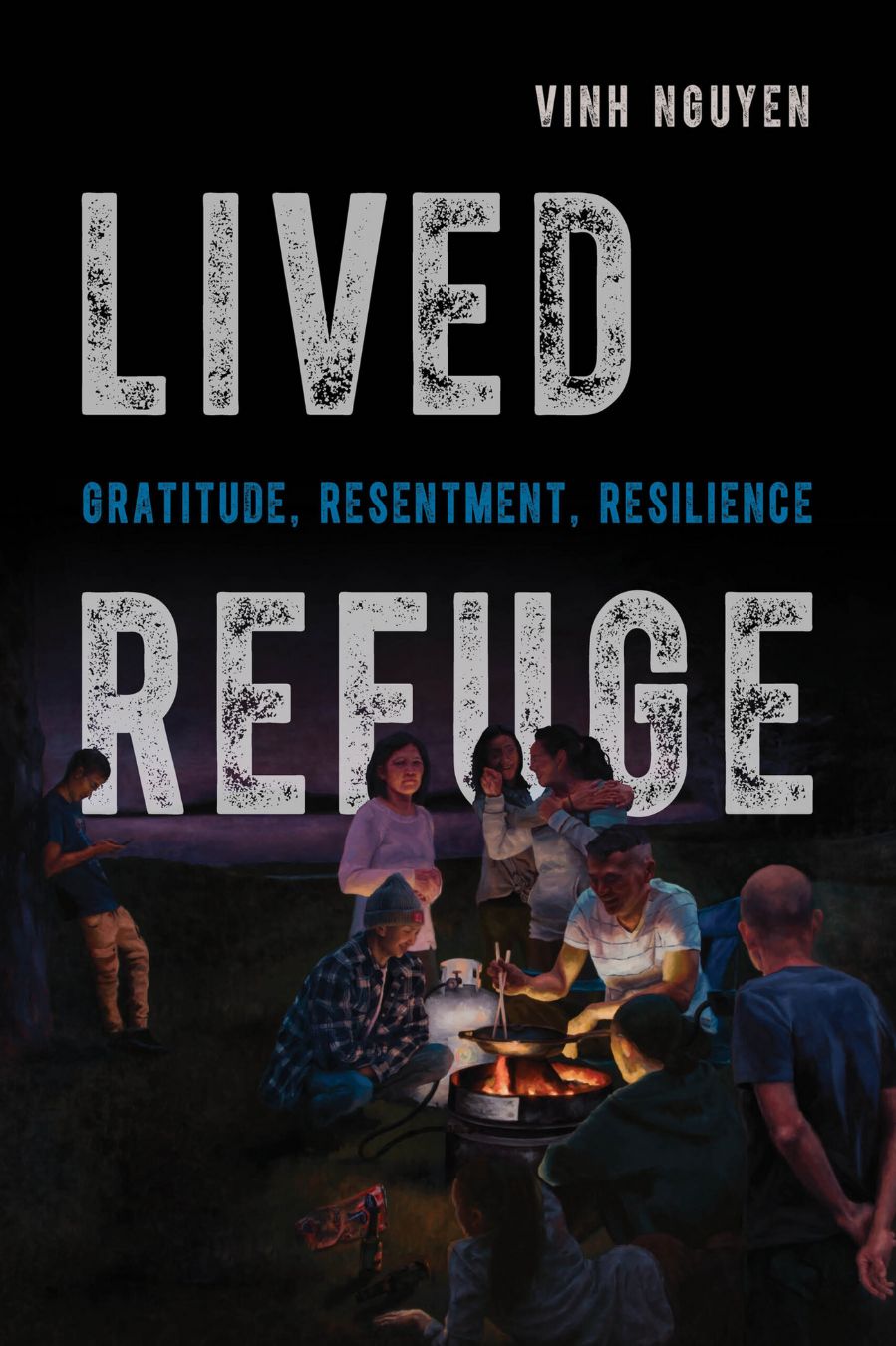
Lived Refuge: Gratitude, Resentment, Resilience by Vinh Nguyen
What does refuge mean today, in a world increasingly shaped by displacement, migration, and threats of deportation? Vinh Nguyen moves beyond juridical constructions of refuge, refugees, and asylum, which are contingent on the actions of a sovereign state, to unfold the structure of feeling that constitutes the lived experience of refuge.
Focusing on the literature of Southeast Asians resettled in the United States following the Vietnam War, Nguyen examines three affective states (in three chapters) that accompany this lived experience: gratitude, resentment, and resilience. In each analysis, the fluidness of the juridical designation is laid bare, and the feelings and stances which well-up, under the umbrella term of refugee, are examined in reaction to ongoing political actions, showing that ‘refugee’ is more than status conferred, but a positionality evoked, an attitude Nguyen explored as “Refugetude.”
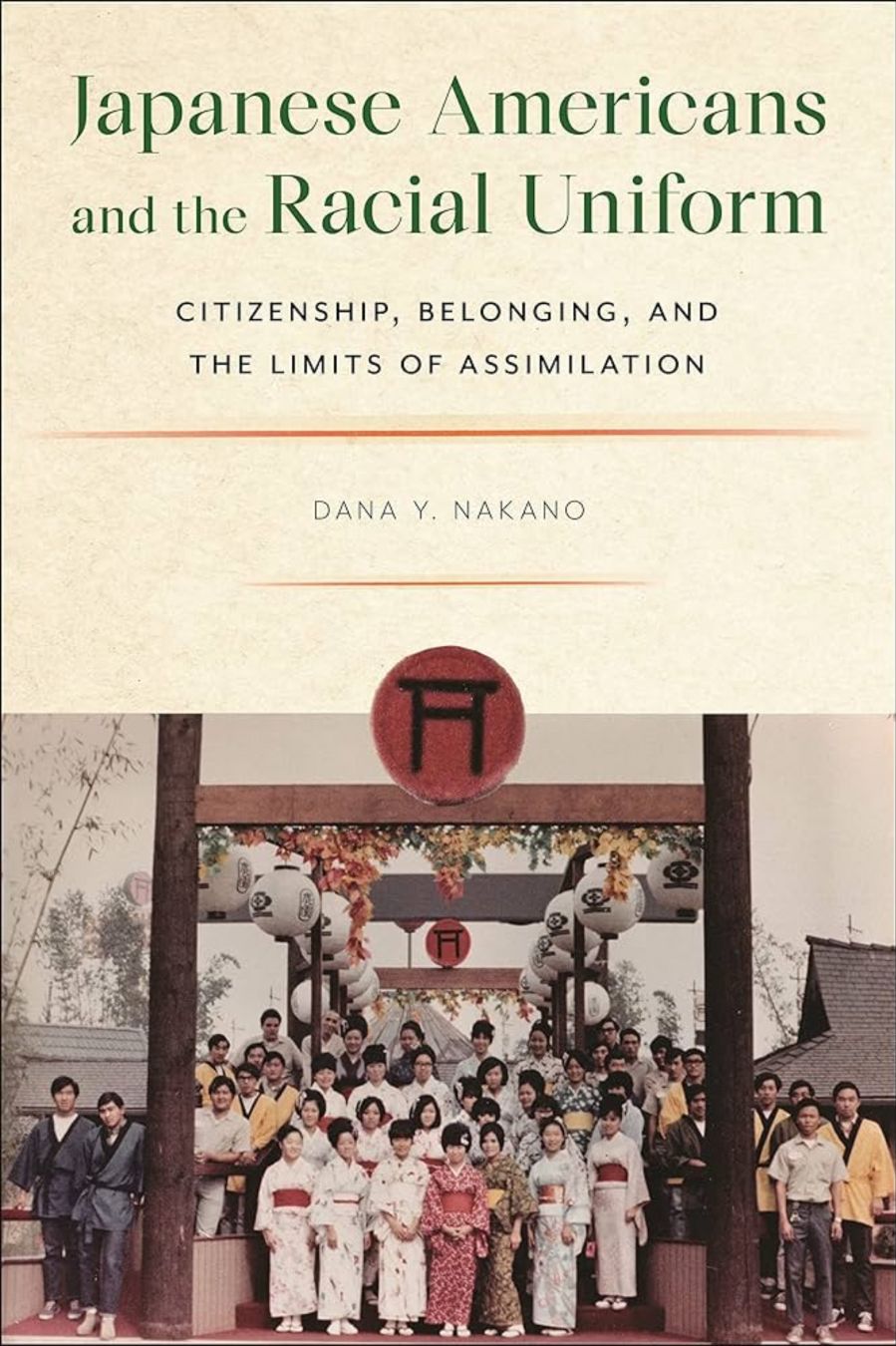
Dana Nakano challenges predominant sociological theories on assimilation and acculturation by way of vivid accounts from former Japanese American employees who worked in a now defunct amusement park in Orange County called Japanese Deer Park c.1967-1974).
Nakano examines the attraction the site had for teenage Japanese American workers, who were brought together because of their appearance to perform the illusion of “old Japan” for tourists. The middle class workers, who came to the site from disparate, but predominantly, European-American suburbs in Southern California, expressed a sense of belonging while participating in this ersatz Japanese village. Their story illustrates, for Nakano, that despite their families’ economic success and level of acculturation, their feelings of alienation and belonging were deeply affected by the racial formations embedded in American society.
Nakano’s contribution to sociology and ethnic studies is a product of his interrogation of the enduring central concept: race, which (following Robert Park) is likened to a uniform in that it renders the individual invisible, while marking the subject as different from the general public. By showing how difference, rather than assimilation, can buttress claims to belonging, Nakano provides an immanent critique of post-racial citizenship.
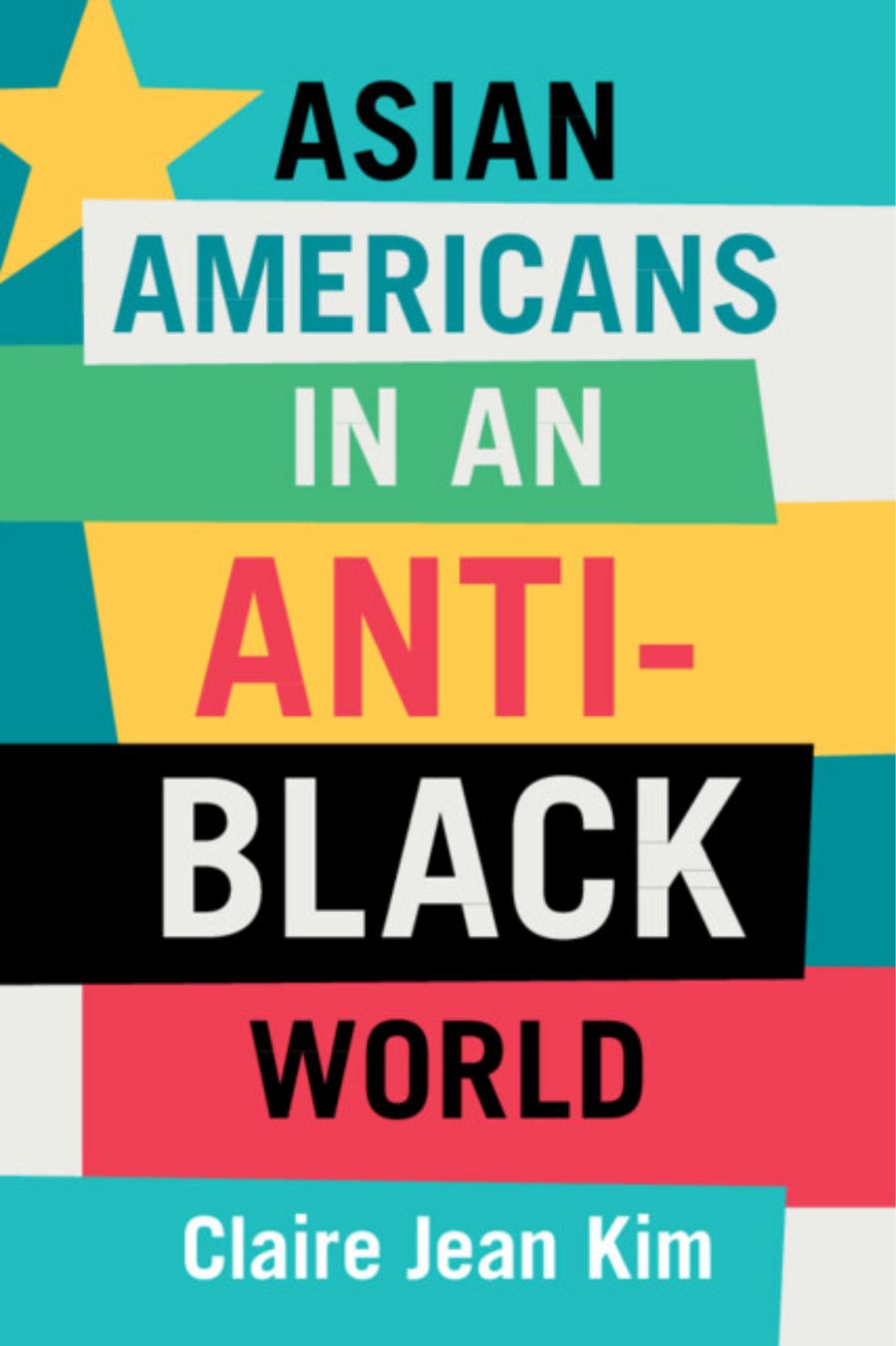
Asian Americans in an Anti-Black World by Claire Jean Kim
Claire Jen Kim analyzes the limits of the Asian American Movement’s announced cooperation with Black people under the banner of Third World solidarity. While lauding the many important critiques of White Supremacy that emerged from activists, Kim reveals an unfinished political critique, one that helped to explain Asian Americans’ structural disadvantage relative to Whites, but not their structural advantage relative to Black people.
Asian Americans in an Anti-Black World examines the potential of a renewed focus on Anti-Blackness within the Asian American Movement by unraveling the antinomies of exclusion and belonging, ostracism and initiation, and solidarity and disavowal. By explaining how these contradictions wind through history to frame the American narrative, Kim documents how the Asian American identity has ‘always already’ been concomitant with construction of Blackness, and, in turn, is always at risk of being weaponized to uphold a racialized order of society.
Through its tour of historical and contemporary racial conflicts, this book argues that a commitment to understanding the structural conditions of Anti-Blackness is ultimately necessary for the fulfillment of Asian American liberation.
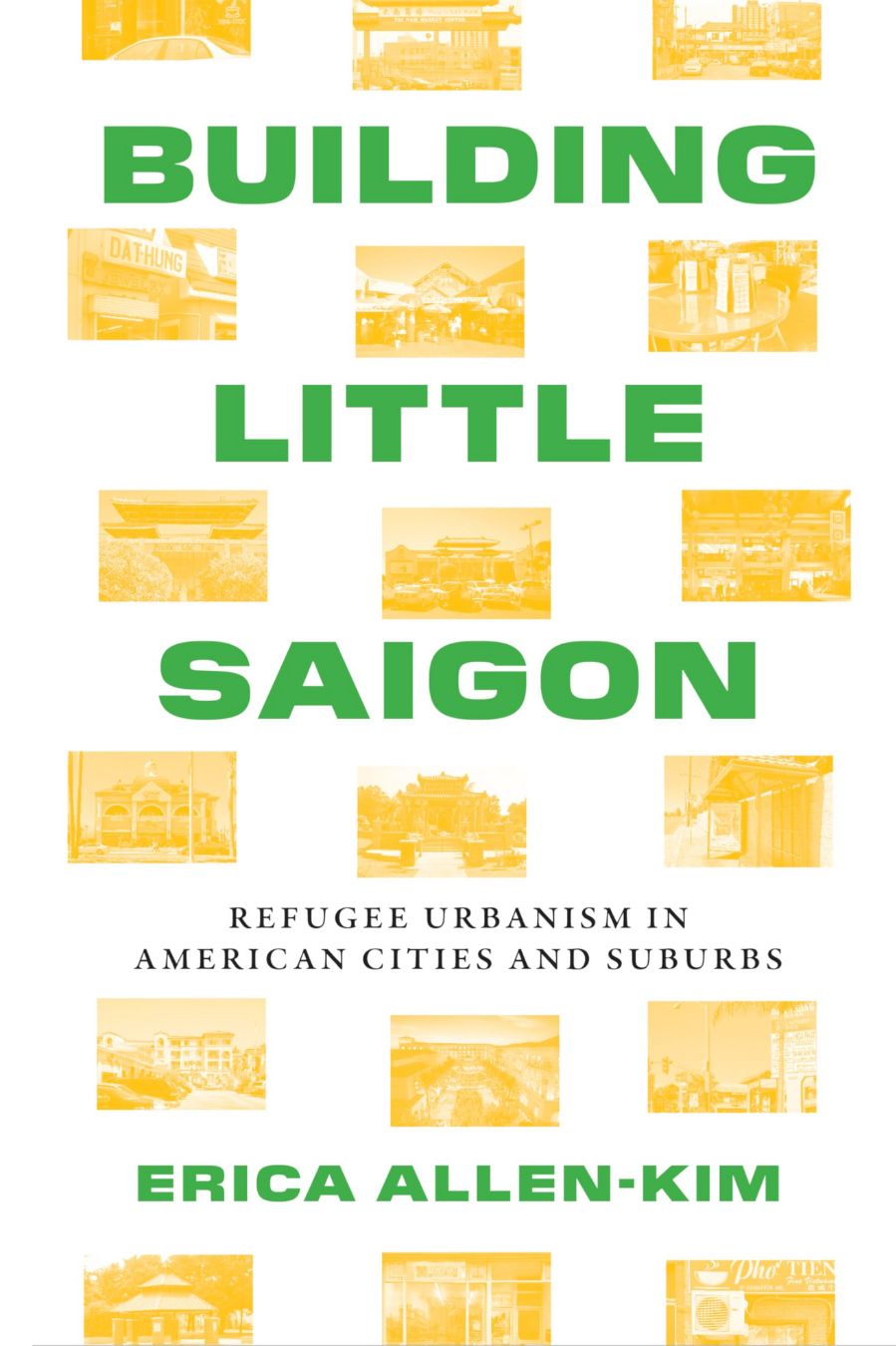
Building Little Saigon: Refugee Urbanism in American Cities and Suburbs by Erica Allen-Kim
Erica Allen-Kim contends that physical landscapes shaped by Vietnamese-Americans tell stories of their economic and social motivations, as well as their cultural desires. And that by looking closely at the patterns of their development and the way public spaces are engaged, including conflicts over the right to reside in a city and suburb, ‘Little Saigons’ not only tell us about the significance of these spaces for American-born Vietnamese, but illustrate expectations for immigrants and refugees in the American city.
Drawing on observation in ten “Little Saigons,” including interviews with residents and community planners, the study of vernacular architecture, and by way of research in city archives, Kim shows how urban planners attempted to remodel suburban designs to cater to the heritage of the new immigrants, for instance, by not only building memorials and architecture motifs that gesture to ethnic history, but by providing spaces for new forms of community interaction conducive to community needs for sanctuary and refuge.
Building Little Saigon concludes by looking to the Little Saigons of the future, turning from a simplistic preservationist deference to heritage to the question of inheritance, asking how Vietnamese-America will accept the challenge to revitalize these spaces to address the coming needs of intergenerational migrant communities.
Related library resources
- 2024 AAPI book recs, Librarian Nancy Wallace and SAPIRI students (and Instagram)
- 2023 AAPI book recs, Librarian David Michalski
- Resources for AAPI Heritage Month, Archives and Special Collections (2023)
- Filipinx American History Month book recs, Archivist Jason Sarmiento (YouTube, 2021)
- Addressing Racism Against Asian-Americans
- Asian American Studies Research Guide